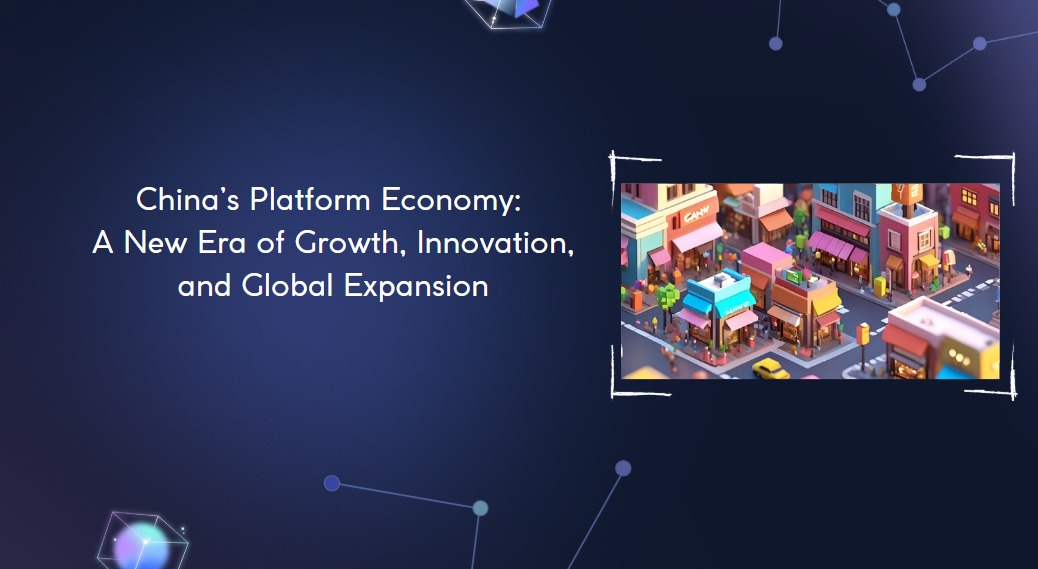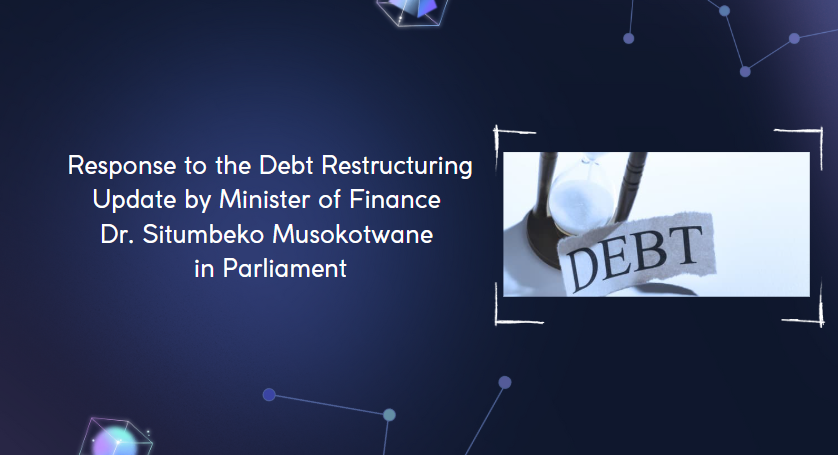ADB President Calls for Bold Reforms to Sustain China’s High-Quality Development
Asian Development Bank (ADB) President Masato Kanda has underscored the need for decisive reforms to sustain China's transition to high-quality development. Speaking at the China Development Forum 2025 during his first official visit to China, Kanda emphasized the importance of structural adjustments to boost domestic demand, stabilize the property sector, and empower private enterprises. His remarks, alongside meetings with senior Chinese officials, signal ADB's commitment to supporting China's economic evolution amid a shifting global landscape.

Navigating a Pivotal Economic Transition
China's economic transformation over the past four decades has lifted hundreds of millions out of poverty and established globally competitive industries. However, Kanda stressed that continued progress requires adaptability and a policy framework that prioritizes sustainable, inclusive growth. "The PRC's ongoing transition to high-quality development is crucial to the country's inclusive growth and lasting prosperity," he stated.
ADB has identified key challenges that China must address to maintain economic momentum. These include boosting household consumption, reducing dependence on investment-driven growth, and ensuring a more balanced and resilient economic structure. Kanda pointed to global economic uncertainties, evolving trade dynamics, and the need for financial stability as factors necessitating accelerated reforms.
Property Sector Stability and Fiscal Rebalancing
The health of China's property sector remains a critical issue for economic stability. Kanda highlighted that restoring confidence in the real estate market requires a dual approach: demand-side measures such as lowering mortgage rates, reducing downpayment requirements, and increasing tax incentives; and supply-side policies that encourage developers to complete unfinished projects and reduce housing inventory.
Further fiscal measures will be crucial in reducing local governments' reliance on land sales. Kanda suggested increased central government transfers, a gradual introduction of property taxes, and broader fiscal decentralization to improve local governments'financial sustainability. These adjustments, he argued, would allow authorities to enhance infrastructure investment and social services without exacerbating financial imbalances.
Strengthening the Private Sector and Foreign Investment
China's private sector plays a vital role in driving innovation and job creation, yet ensuring a predictable and transparent regulatory environment remains essential. Kanda expressed optimism over Premier Li Qiang's announcement of a draft private economy promotion law, which aims to enhance legal protections and level the playing field for businesses.
Additionally, China's commitment to opening its economy will be instrumental in attracting foreign direct investment and expanding market access. Kanda emphasized that further liberalization of the services sector, including education, healthcare, telecommunications, and digital services, could provide fresh impetus for growth. A more open services market would not only strengthen domestic consumption but also foster greater international collaboration and capital inflows.
ADB's Commitment to Collaborative Development
ADB's engagement with China extends beyond macroeconomic policy support. During his visit, Kanda toured ADB-backed conservation projects in Jiangsu Province, including the Dafeng Milu Deer National Nature Reserve and the Yancheng Rare Birds National Nature Reserve. These initiatives, part of the UNESCO-listed Yancheng Wetlands, demonstrate how economic development and environmental sustainability can go hand in hand.
Beyond conservation, ADB remains committed to supporting China in areas such as debt management, fiscal sustainability, and regional knowledge-sharing. Discussions with National Development and Reform Commission Chairman Zheng Shanjie and Finance Minister Lan Fo'an reaffirmed ADB's role as a key development partner.





















































First, please LoginComment After ~